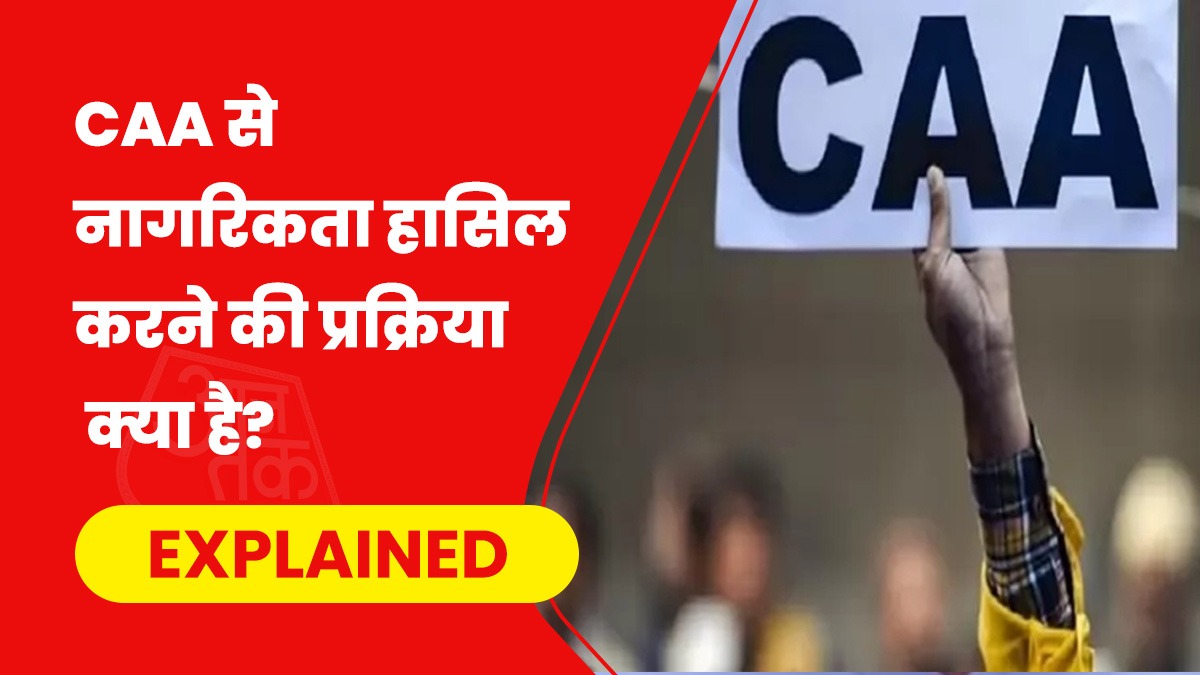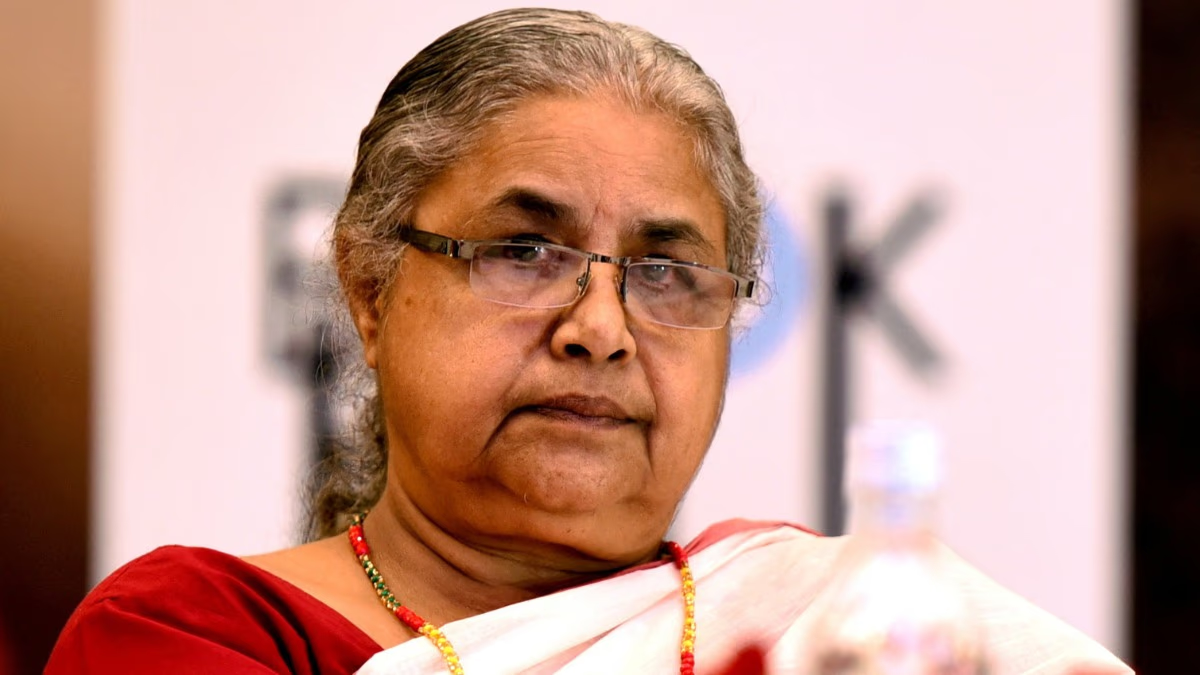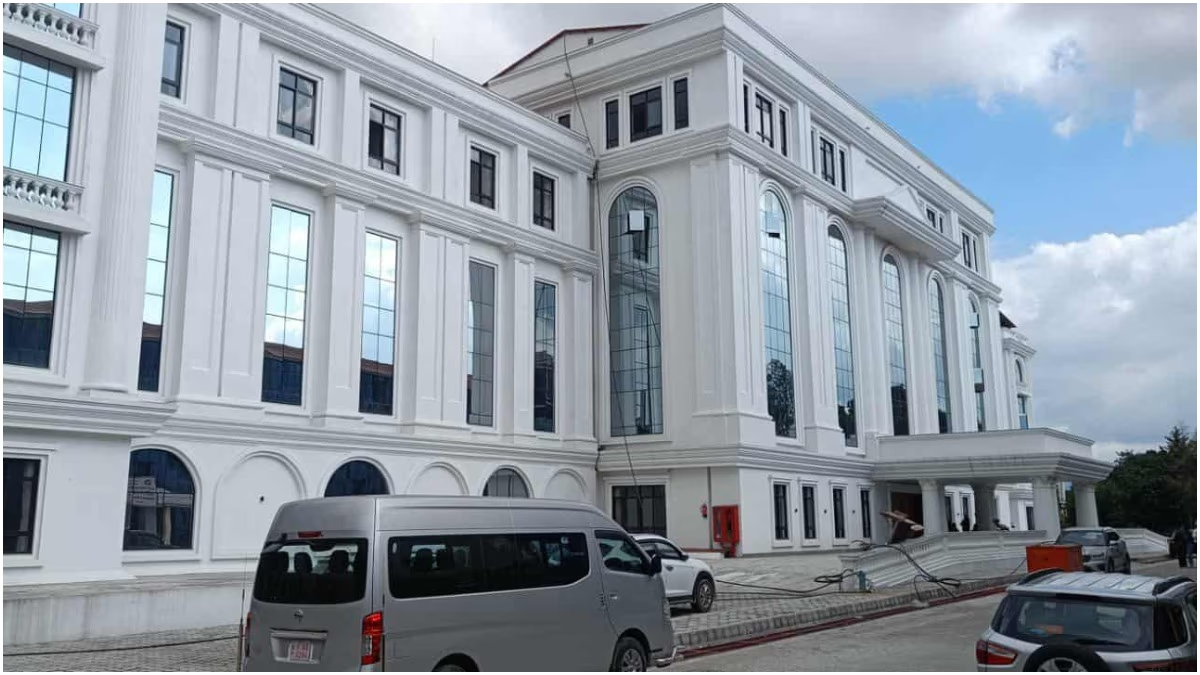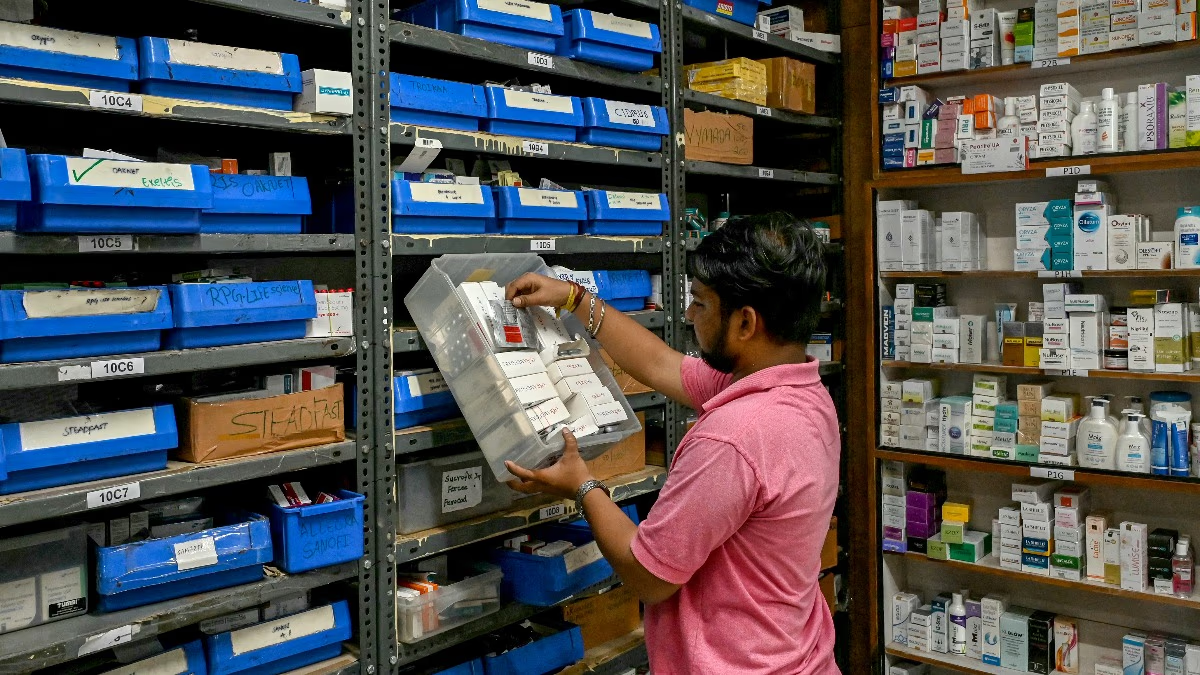The notification of rules under the Citizenship Amendment Act (CAA) by the Central Government heralds the nationwide implementation of this pivotal law. For non-Muslim refugees from Pakistan, Bangladesh, and Afghanistan, becoming an Indian citizen is now more accessible than ever before.
Following the enactment of this legislation, Hindu, Sikh, Christian, Buddhist, Jain, and Parsi immigrants from these three countries can now acquire Indian citizenship without valid documents or passports, provided they arrived in India before December 31, 2014.
The amendment to the citizenship law was ratified by both houses of the Parliament in December 2019. However, the associated rules have just been published.
The new regulatory changes stipulate that non-Muslim immigrants from these three countries now only need to reside in India for six years to qualify for citizenship, a significant reduction from the previous requirement of eleven years. For immigrants from other countries, the minimum residency period for citizenship remains at eleven years.
Who are eligible to apply for Indian citizenship under this law? How much will the process cost? What documents will you need?
An online fee of ₹50 is expected
Applications for citizenship under the CAA will be filed online. Interested parties should visit Indiancitizenshiponline.nic.in. An application fee of ₹50 must be deposited online, and no additional charges are required. The government has made it clear that applicants should not be swayed by outsiders or pay anyone else during the application process.
Eligibility for Citizenship
Non-Muslim individuals from Pakistan, Bangladesh, and Afghanistan who have resided in India since December 31, 2014, or earlier, affiliated with Hindu, Sikh, Christian, Jain, Buddhist, and Christian denominations.
Also Read:
Who can apply?
- A person of Indian origin. - A person married to an Indian citizen. - The minor child of an Indian citizen. - A person whose parents are citizens of India. - A person whose one or both parents were citizens of independent India. - A foreign citizen registered in India. - A person registered as a foreign citizen in India for at least five years and residing in the country.
Essential Documents for Application
- A copy of the passport from Pakistan, Bangladesh, or Afghanistan. - Birth certificate issued by the authorities in these countries. - An educational certificate from an institution in these countries. - An ID card issued by any government official in these countries. - Documents proving home ownership or tenancy. - Evidence that the applicant or their ancestors were citizens of these countries.
In addition, any documents issued by the authorities in these three countries that prove the applicant resided there will apply, even if their validity has expired.
Proof of Entry into India?
Legally, only those who entered India on or before December 31, 2014, are eligible to apply under CAA. Proof of entry can be established through:
- A copy of the visa or immigration ticket. - Registration certificate or residential permit from Foreign Regional Registration Officer or Foreigner Registration Officer (FRO) in India. - Documented proof such as a driving license, PAN card, certificate or permit, ration card, letter from government or court, birth certificate, land records, rental agreement, bank account documents, insurance policy, utility bills, documents related to EPFO, PFO, or ESIC, educational certificates from Indian institutions, and marriage certificates or licenses from municipal corporations.
Following submission, what's next?
After the application is submitted, the district-level committee will verify the forms, notifying the applicant of the date and time to appear personally with the original documents.
If everything is satisfactory, the designated officer will administer an oath of allegiance to the applicant. Missing documentation can lead to additional requests, and if the applicant fails to present themselves despite adequate opportunities, the district committee may reject the application.
Once the documents are verified as authentic and the oath of allegiance is uploaded electronically, the application is forwarded to the empowered panel for final approval or denial.
Receiving Citizenship Certificate
A digital certificate will be issued to the applicant. A hard copy is only provided upon specific request during the application phase.
The certificate must be collected from the empowered committee's office, deemed the Director of Census Operations' office in the respective state or union territory. Individuals granted citizenship will be recognized as Indian citizens from their date of entry into India.




